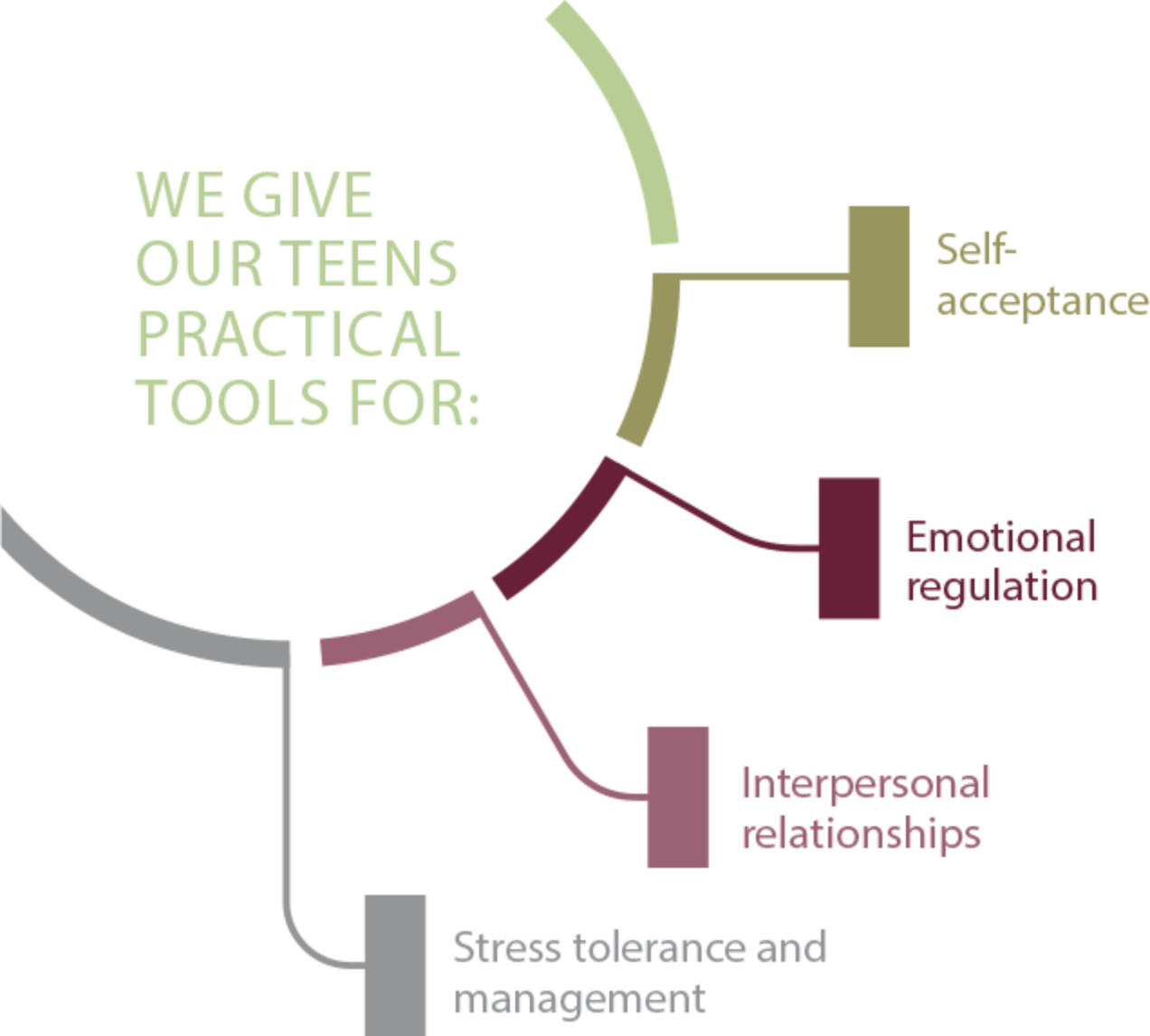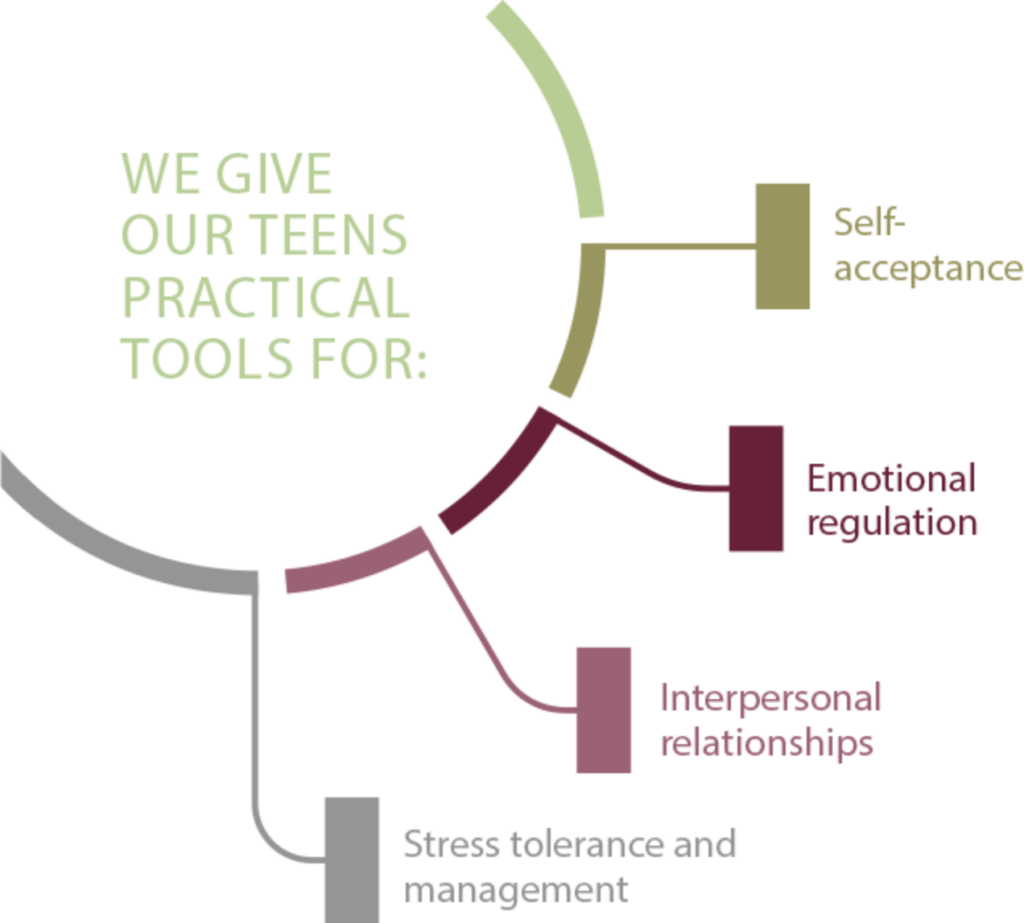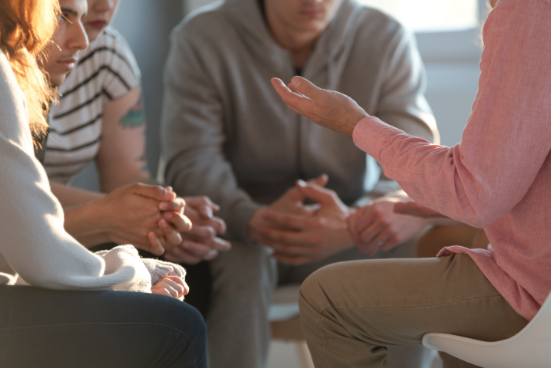The program is designed for adolescents ages 12-18 who are in need of a structured environment, have a history of substance use disorder, emotional difficulty and are unsuccessful in outpatient and traditional school environment.

Studies have demonstrated that when PEMF therapy is regularly used, it changes the body’s stress responses by directly acting on major related components, such as the endocrine and nervous systems, along with the cells or organs of the body.
In addition, PEMFs can make the body less reactive to extended episodes of stress. Transcranial PEMF was approved by the FDA in 2011 for treating severe, drug-resistant depression.


The program operates Monday through Friday from 10:00 am to 3:00pm. As part of the initial evaluation, a mental health and substance use assessment will be conducted. A diagnosis will be determined and level of care recommended. An individualized treatment plan will be developed with input from the adolescent, family, school and our interdisciplinary team. Daily services include, evidenced based therapy component, exercise, group and individual counseling, with an emphasis on family therapy. We are an abstinent based recovery program and require screening for illicit substances as a part of treatment.
As part of our medical team we have a board certified adolescent Psychiatrist to evaluate and manage mental health issues. Our educational component is led by a state certified teacher, the entire team will have input to ensure the adolescent completes assignments, performs at a level of competence, assists with remedial programming and is in weekly contact with the sending school district.
Our goal is to empower adolescents and give them the tools to lead a healthy lifestyle by removing the distractions and barriers keeping them from navigating life’s challenges. We focus on identifying the underlying issue attributing to their substance use and other emotional imbalances. We help process traumatic events, interpersonal issues, family dynamics, physical and emotional difficulties. Our program will help vailidate and identify their feeling and reduce negative thought patterns which, unprocessed, result in anger.



Outpatient and Intensive Outpatient Programs
Professional Development for school administration and staff
Educational Assemblies for students and parents
Support Intervention and Referral Service Teams



“I created, opened and served as Executive Director of three therapeutic high schools in the last twenty years. In working with New Pathway, integrating the Soarfit Program with our students, their capacity to think positively, focus, learn and grow increased as a result. I highly recommend their services.”
Executive Director, Paradigm Therapeutic Day School Midland Park, NJ 07432
“I have been in the mental health and substance abuse field for over 43 years, using all the available IOP’s and day treatment programs in the Essex And Morris county areas.
“In my professional opinion The New Pathway Day Program has been successful for my young adults/students. I have always received the highest possible feedback from my families who have used New Pathway programs, highlighting the quality, professional care and wrap around support for my students and their families”
Director Center ofr Creative Lifestyles Caldwelll NJ07006
“We consider New Pathway as our Preferred Provider for Adolescent and Adult Aftercare in New Jersey. Clinically, New Pathway strives to offer new aspects of care and has a strong desire to further their knowledge of expertise. These programs come highly recommended by our Clinical, Outreach and Leadership Teams. We are truly grateful for their collaboration.”
Director of Business Development & Community Outreach, Acadia Healthcare / Pocono Mountain Recovery Center / Huntington Creek Recovery Center

“We consider New Pathway as our Preferred Provider for Adolescent and Adult Aftercare in New Jersey. Clinically, New Pathway strives to offer new aspects of care and has a strong desire to further their knowledge of expertise. These programs come highly recommended by our Clinical, Outreach and Leadership Teams. We are truly grateful for their collaboration.”
Director of Business Development & Community Outreach, Acadia Healthcare / Pocono Mountain Recovery Center / Huntington Creek Recovery Center
Telehealth technology represents a unique opportunity to help reduce the drug epidemic and increase our ability to help serve those in need. Not only have patients expressed interest in using telehealth during the course of their treatment, but we have utilized telehealth in order to help keep participants safe and offer all of our services to a wide range of people who are unable to attend due to medical, geographic, or physical limitations.